Inside Trump’s Environment
To drain a swamp in colonial America, it took a pioneer and a drain pipe. In contemporary America, things are a bit different. Following a merciless US presidential race, a pioneer of political unconventionalism is readying himself to take up the tools of government. But what of his drainpipe?
Putting odds aside that point firmly in one debilitating direction, whether or not Donald Trump turns out to be a positive pioneer, or as others warn, a pathological pariah, is still open to some debate. But what we don’t, and can’t know about Trump’s direction can be filled in to some extent by the people he’s assembled around him. Let’s call it Trump’s environment. By taking a look at some of their backgrounds it’s particularly illustrative, because as Winston Churchill once said, “the farther back you look, the farther forward you are likely to see”.
Scott Pruitt as Administrator of the EPA (Environmental Protection Agency):
- As Oklahoma Attorney General, Pruitt has spent years fighting the very department he’s about to take over.
- Pruitt openly questions climate science and has vowed for “regulatory rollback” in Washington.
- He’s challenged Obama’s landmark Clean Power Plan that places carbon emission limits on power plants. He’s also sued the EPA for trying to curb methane emissions and measures trying to reduce toxic mercury, arsenic and acid gases from power plants.
- He was once caught letting oil industry lawyers from Devon Energy draft a letter denouncing regulations on his behalf.
- Oklahoma is the biggest natural gas and oil producing state in the US.
Rick Perry as Energy Secretary (Department of Energy):
- A former Texas governor, Perry has said that climate change is just a “theory that remains unproven” and that climate scientists have “manipulated data to keep the money rolling in”.
- Whilst not a regulatory agency like the EPA, the Energy Department is responsible for investments into science and innovation while also setting energy efficiency standards. He has vowed to cut these “right back”.
- Recently, he famously forgot the name of the Department of Energy while at the same time pledging to eliminate it.
- Since 2015, Perry served on the board of directors of Energy Transfer Partners, the company constructing the controversial 1,172 mile long Dakota Access Pipeline. He resigned last week.
Rex Tillerson as Secretary of State (State Department):
- Tillerson is former CEO of Exxon Mobil (2006-2016), a company that has spent millions of dollars supporting climate change denial and is currently under investigation for doing so.
- Tillerson thinks “the risk of climate change does exist, and the consequences could be serious enough that action should be taken.”
- As Secretary of State, he will be in the position of deciding whether the US stays involved in the 2015 Paris Agreement and whether to approve international oil pipelines like Keystone XL. Recently, Tillerson indicated that he supports the Paris Agreement but what this means is open to interpretation.
Ryan Zinke as Secretary of the Interior (Department of the Interior):
- A former Montana congressman, Zinke has not labelled climate change “a hoax” but is not convinced by its science either.
- As administrator of the department that oversees US national parks, he firmly favours the protection of federal lands, however has voted in the past for oil and gas drilling projects on federal land.
- Zinke will be tasked with balancing the National Park service with the Fish and Wildlife as well as the protection of endangered species.
Jeff Sessions as Attorney General (Department of Justice)
- A former Alabama Republican senator, Sessions is a climate sceptic who’ll likely preside over the legality of matters such as the Dakota Pipeline and Clean Power Plan regulations on greenhouse gases.
- He has previously conveyed hostility towards the scientific community’s assertions that climate change is a long-term threat.
- In May, he signed a letter to Attorney General Loretta Lynch along with four other Republican senators—Mike Lee of Utah, Ted Cruz of Texas, David Perdue of Georgia and David Vitter of Louisiana—arguing that inquiries into private companies about climate change violate First Amendment rights to free speech.
It’d be boring to list the reasons why all these men have opinions ranging from scepticism to outright denial of the scientific reality of human-induced climate change. So rather than go there (I suggest watching Channel Four’s Dispatches for the specifics), I want to concentrate on something I came across recently: a revealing, if overly generalised study of climate change denial conducted by Aaron McCright and Riley Dunlap. The title does a decent job of giving it away: “Cool dudes: The denial of climate change among conservative white males in the United States”. For the overly keen, I suggest giving it a read, but for everybody else, it says two primary things:
- Conservative white males are more likely than other adults to deny the existence of a scientific consensus on climate change (58.8% and 35.5% respectively);
- Among conservative white males, there’s a positive correlation between a self-reported understanding of the science of climate change and its subsequent denial.
The second point is crucial when it comes to assessing Trump’s environment. From the evidence at hand, it can be said with confidence that many of these men, if not all of them, have looked into the scientific underpinnings of climate change. But as McRight and Dunlap reveal, an intimate knowledge of climate change among older conservative men tends to harden their opposition to it. This seems counterintuitive at first but not when it’s given a second thought. Every solution to climate change challenges the very worldview of these guys: energy regulation, government intervention, intrusions behind company veils, “confiscation” (higher taxes), you name it.
UK economist Nicholas Stern said back in 2006 that “climate change is the greatest market failure the world has ever seen”. For Trump’s environment, the very suggestion that it could be offends all that they have fought for in their pursuit of increasing ‘prosperity’. Yes, free-market capitalism has been enormously successful, but this fact acts to simultaneously blind Republicans like Tillerson and Pruitt from acknowledging its numerous inadequacies.
Donald Trump’s declaration that he’ll “be the greatest jobs president that God has ever created” is flawed for all sorts of reasons but we’re left in no doubts about his priorities. The priorities of his immediate environment are the same. Short-term gains for the 1% and the middle-classes of Ohio, Michigan and Oklahoma trump long-term losses for the bottom-classes of the world. This pioneer isn’t carrying drainpipes, he—and his environment—are carrying pipelines.
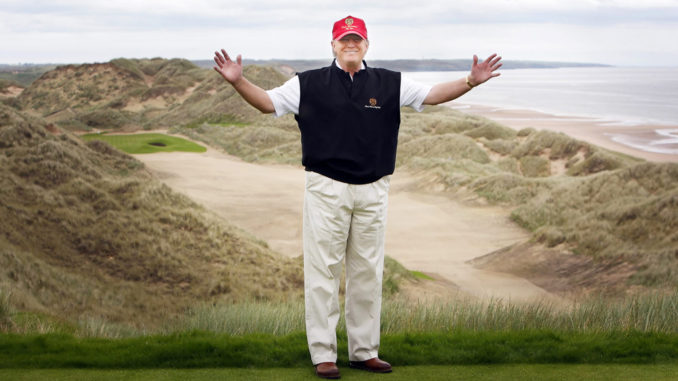
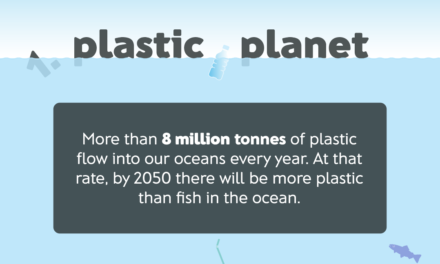
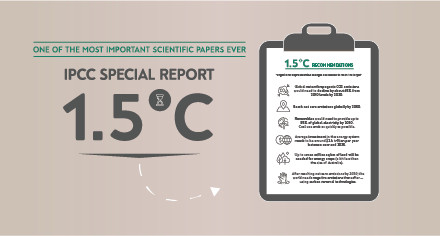
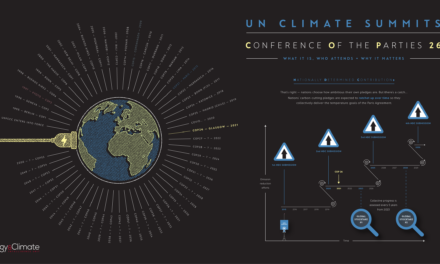

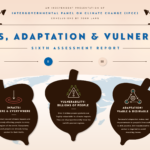
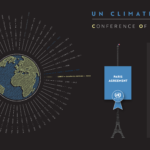
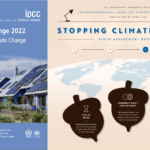
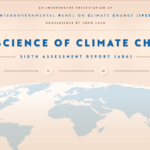

Whoa! Great blog. That last sentence epitomises the situation perfectly. I think the whole world and specifically scientific community is concerned about this presidency and cabinet. I am glad to see Americans have continued to vocalise their concerns and fight since the election. I hope they can keep it up for the next four years, for all of our sakes.
Hey! Do you use Twitter? I’d like to follow you if that would be okay.
I’m absolutely enjoying your blog and look forward to new posts.
Of course! We’re @e_nviro